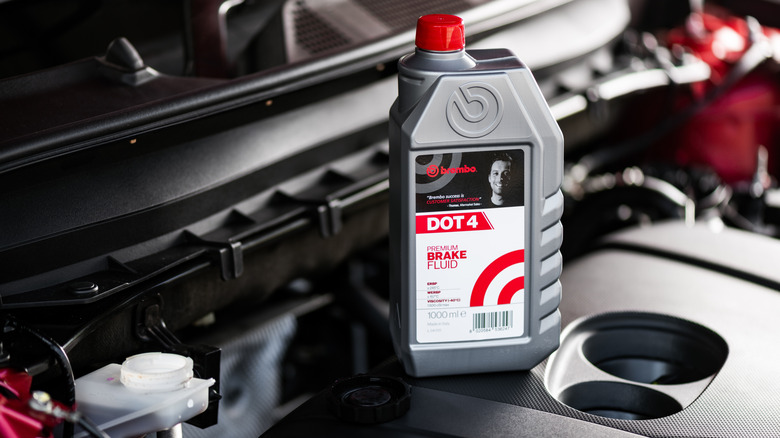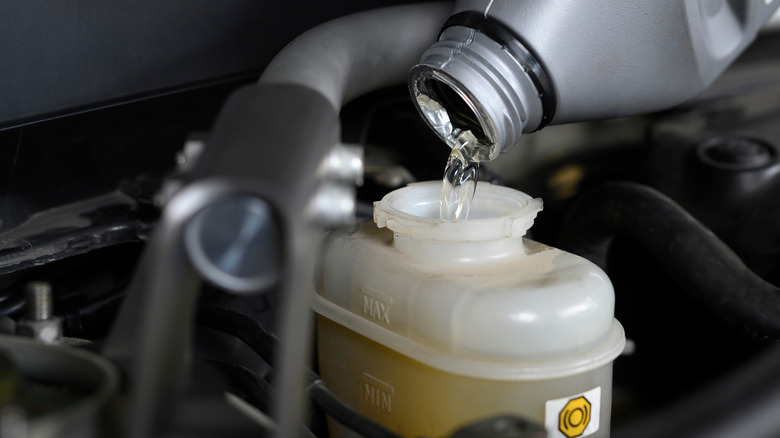How Long Does Brake Fluid Last After Opening?
The amount of time that a container of brake fluid will last after it has been opened has a lot to do with the nature of the brake fluid itself. This is because brake fluid is naturally hygroscopic, which means that it is a chemical compound that will absorb moisture from the atmosphere after it has been opened. While a sealed container of brake fluid will have a long shelf life and no expiration date, an open one should be used or discarded after a maximum of one year, with most brake fluid manufacturers erring on the side of safety and recommending a usage limit of three months.
The science behind how long brake fluid lasts after opening is directly related to the fluid's tendency to absorb atmospheric moisture, which can add up to as much as two percent of the fluid's volume after one year in your braking system. The added water content of the fluid reduces the boiling point of the brake fluid. As the brakes are used to slow your car, they generate intense heat, which is transferred to your brake fluid. If the brake fluid has been contaminated and contains too high a water content, the fluid can boil, producing bubbles in the brake lines that can cause 'brake fade', which makes stopping your car more difficult. A spongy-feeling brake pedal can be a symptom of this problem, so contact your mechanic right away if you experience it.
What else should you know about your brake fluid?
It's a requirement that brake fluid manufacturers test their products under two different sets of conditions — when the fluid is fresh from the container and when the fluid has been contaminated by 3.7% of water. The first of these is called the dry boiling point (ERBP), and the second is called the wet boiling point (WERBP).
Another important fact about brake fluid is that there are different grades of brake fluid. Most current cars will use either DOT3 or DOT4 brake fluid. The main difference between DOT3 and DOT4 is that DOT4 has higher dry and wet boiling points, which makes it more suitable for modern vehicles, particularly those that carry heavier loads or are used for towing. In addition, DOT4 brake fluid will actually absorb water from the air at a rate that is 20% faster than a DOT3 fluid, so a DOT4 fluid should be changed more frequently than a DOT3. Always consult your owner's manual for the proper type of brake fluid to use in your vehicle.

